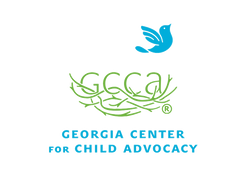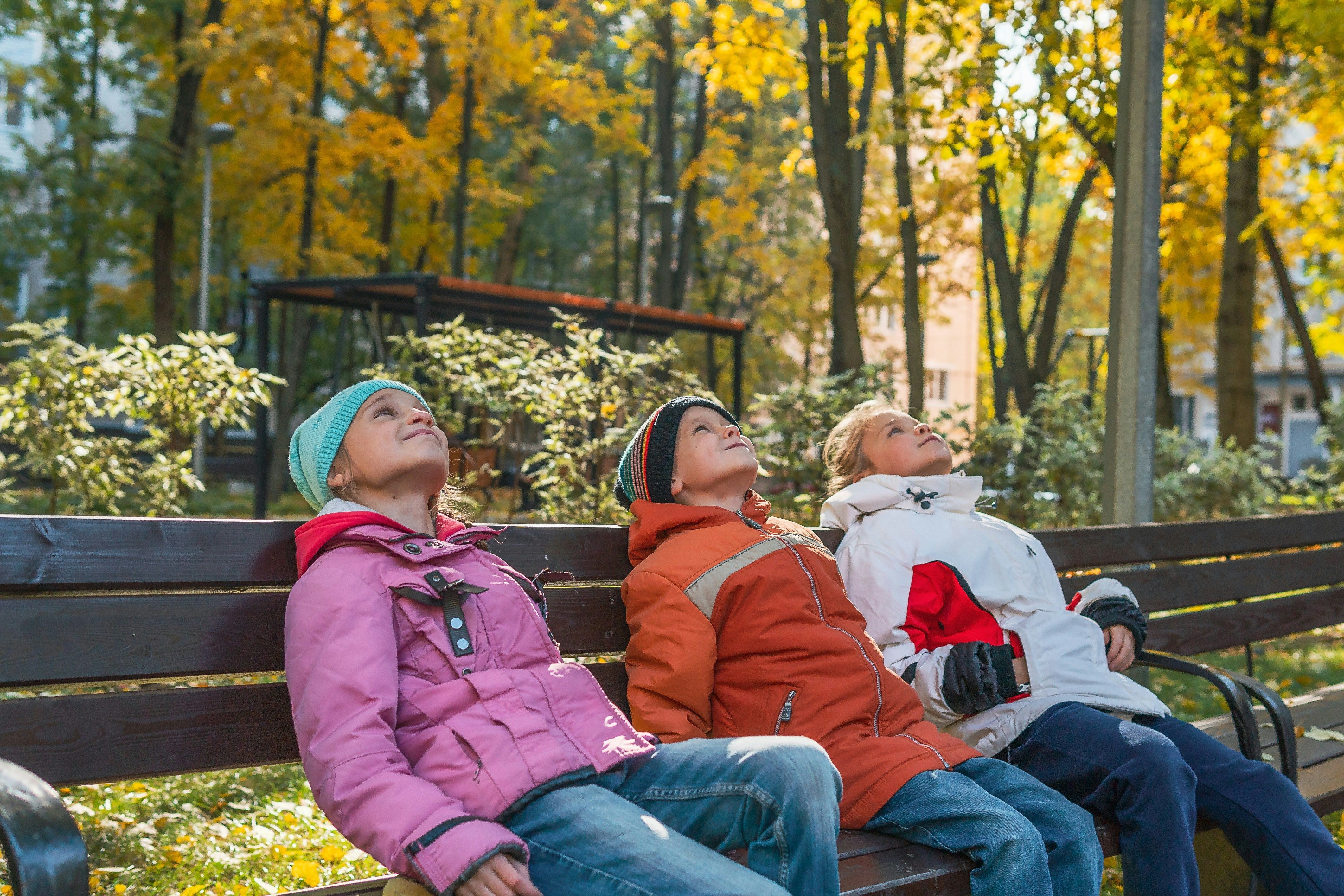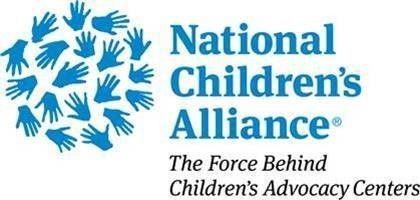National Child Abuse Prevention Month is a time to acknowledge the importance of families and communities working together to prevent child abuse and neglect, and to promote the social and emotional well-being of children and families. During the month of April, communities are encouraged to share child maltreatment prevention awareness strategies and activities. In that spirit, the Georgia Center for Child Advocacy is excited to share 30 Prevention Tips for the prevention of child sexual abuse.
Parents and Organizations
1. Sheltering at home may offer comfort for some people, but for our most vulnerable children it becomes a potential danger zone. For children that have been abused and trafficked, sheltering in place may be putting them right back in the environments that caused them harm – back with their abusers or traffickers. See Something? - Say Something. Be an active bystander. If you see a situation in your community that makes you feel uneasy, do not assume that someone else will respond. Be empowered to say and do something.
2. Be ready to make a report – it’s not always easy, but it is an adult’s job to protect children. Take a mandated reporter training (free online training HERE). Call 1-855-GA-CHILD if you suspect abuse. Kids are counting on you!
3. Take D2L’s Protecting Children During a Crisis online training in response to the unique challenge of keeping kids safe during this time. The FREE training is specifically designed to help parents and caregivers navigate through the unusual circumstances they may be facing due to our current global health crisis.
4. Listen calmly to what kids are telling you! Ask them who and what is important in their lives. It is important they feel heard, safe and supported.
5. Let go of the “stranger danger” myth. 90% of children who are victims of sexual abuse know and trust their abuser. We need to be vigilant and know how to recognize, prevent, and react responsibly to child sexual abuse.
6. Start talking with children about sexual abuse and the value and privacy of their bodies when they are young, and call body parts by their proper names. Darkness to Light’s Talking with Kids About Safety from Sexual Abuse training is currently available online at no charge by using the code Talk2020.
7. Never force children to give affection. Teach children about giving and asking for consent. Model these concepts with your child. “Are you sad?" "Would you like a hug?” To learn more, take Healthy Touch for Children.
8. Encourage children to trust their gut feelings. If they feel uncomfortable or unsafe encourage them to share those feelings with you or another trusted adult.
9. Have an unconditional relationship with your children. Answer their questions honestly when asked rather than changing the subject or eluding the truth. Children sense your apprehension and will be less likely to come to you if something happens to them.
10. Make it known to your friends and family that you've talked to your children about safety from sexual abuse. Tell them that you've empowered your children to not keep secrets.
11. Participate in Darkness to Light’s Stewards of Children online training to learn the 5 steps to protecting children. Encourage those who look after your children to do the same. It can be accessed for free through the FLIPTHESWITCH Campaign.
12. Pay attention to sudden changes in a child’s mood or behavior. These signs could potentially be an indicator that a child has been sexually abused. Take interest and ask some simple, open-ended questions. “It seems like something is bothering you. Do you want to talk about it?” If you are concerned about sudden behavioral/emotional changes or about the healthy development in your child, call Prevent Child Abuse Georgia’s toll-free informational and referral helpline 1-800-CHILDREN (1-800-244-5373).
13. Talk with children about boundaries amongst their peers. 40% of sexually abused children are abused by older or more powerful children. Help them identify when someone means no, and different ways they might show it. Check out these tips on How to talk to your children about sexual abuse 'early and often'.
14. Monitor children’s and teens’ internet use. Children under eight should be directly supervised while using internet devices. Pre-teens should have reasonable time limits and be restricted to use in a common area. Privacy settings should be set to the highest level. Take "Internet Safety with Starr Davis."
15. Encourage your kids to talk about what they are doing online. Take an interest in what they are doing/ seeing.
16. Plant a pinwheel garden at your home or organization to help raise awareness about child abuse prevention. Participate in our Virtual Pinwheel Garden to help raise awareness about child abuse prevention.
17. In April, create your own pinwheels with your child and plant them in your yard (or print a pinwheel and tape it in your window), take a picture and post to social media with the hashtags #GAPreventsAbuse #GCCA
18. Use “teachable moments” and real life situations as conversation starters for tough topics – diaper changing/toileting, events in the news, bath-time, movies portraying romantic relationships, a fight with a friend, etc.
19. Talk to your pre-teens and teens about topics like sexting and cyber-bullying. Explain the potential long-term consequences of sending sexual messages and pictures. Let them know they can come to you should they have questions about a communication.
20. Children should have more than one trusted adult they can turn to. Help children identify who they feel comfortable talking to other than you. Think about settings such as at school, in sports, at faith centers, etc.
21. Role-play different scenarios with your children to help them determine how they would handle different situations. “What could you do if someone asked you to keep a secret that made you feel bad? What if…? How would you handle…?”
22. Follow GCCA on Facebook! Stay current on news, information, training opportunities, and much more!
23. Practice scenarios and vignettes which outline the protective factors providing ideas for how children and families can build resiliency skills.
24. With many students home because of school closures, virtual schooling have your children practice internet safety skills while doing fun activities to make sure they stay safe online. Watch Into the Cloud episodes with your kids! They are binge-able, age-appropriate videos that include activities to help teach children to be safer online. Into the Cloud will help them become more aware of potential risks and more empowered to help prevent victimization by making safer choices online and offline.
Watch Into the Cloud episodes with your kids!
25. Every day connections are more important than we ever believed. Science tells us that relationships have the power to shape our brains. Relationships help us learn better, work better, parent better. Learn more about the Connections Matter Georgia Initiative.
26. Organizations that serve youth can take this time while social distancing to review Child Protection Policies, Staff training requirements and their Code of Conduct. Embed comprehensive child sexual abuse prevention into your organization’s policy and make sure they are up to date and reviewed on an annual basis.
27. Making changes to become a trauma-informed organization requires leadership and staff to be both thoughtful and creative about how to thoroughly integrate trauma-informed principles and practices into the culture of the organization. Learn more about becoming trauma-informed at Resilient Georgia.
28. Become a Partner In Prevention and require that all staff and volunteers participate in Darkness to Light’s Stewards of Children online training to learn the 5 steps to protecting children. Now is a great time to have staff participate in free online training.
29. Host regular trainings, presentations, parent cafes and community fairs for parents on Strengthening Families, discipline alternatives, Stewards of Children, digital safety, healthy sexual development, etc.
30. Create an organizational culture of complete intolerance of child sexual abuse by posting signs around the building with empowering messages for children to use their voice, stand up to bullying, and protect their right to say “no”. Posters should also include numbers to call if someone has been abused or is in danger.

We hope you have found this information useful and important to follow in your everyday life as a parent and/or a professional. If you would like to get involved with the Georgia Center for Child Advocacy's Prevention Initiative visit HERE, or email us at prevention@gacfca.org.







